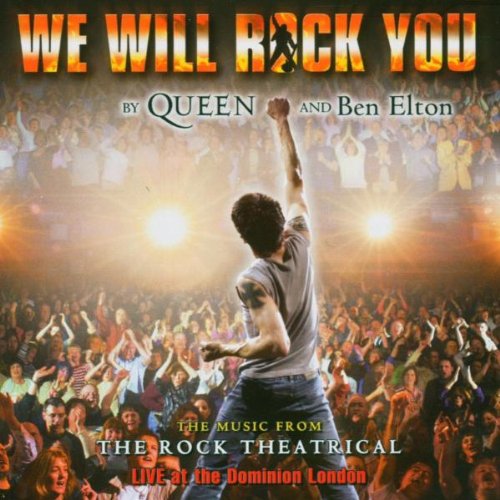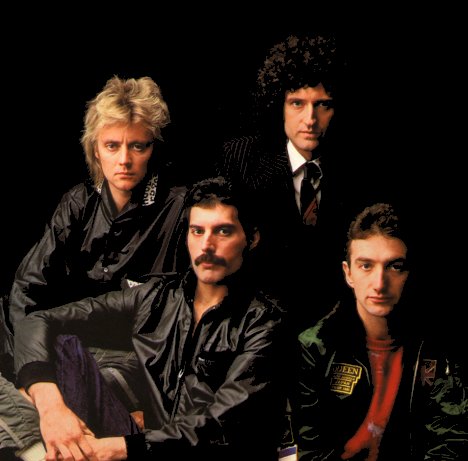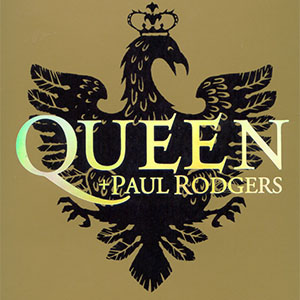05-27-2002 – Time – The Show Must Go On…And On
Past-their-prime pop stars turn to musicals to keep the beat alive
Where do old pop stars go when the rocking stops? More and more, they head for the stages of Broadway and London’s West End. Perhaps mindful that many of those who once frantically screamed their names in stadiums now prefer a nice dinner and an evening at the theater, household names from the 1970s and ’80s are hotfooting it to the footlights.
The Swedish pop group ABBA was the first to make it work. Mamma Mia!, a “catalog musical”–one that features old hits bound together by a new story–has grossed more than $92 million since opening at London’s Prince Edward Theatre in April 1999. The show moved to Broadway–it was the first musical to open after Sept. 11–and scored a record $27 million in advance bookings. Scheduled to be playing in nine countries by the end of 2003, the ABBA-fest is well on its way to a global dominance not seen since 1989’s Miss Saigon. Perhaps inspired by ABBA’s success, a number of old rocksters have launched theater projects of their own. Boy George’s Taboo features mostly brand-new songs, which the London critics liked; so did the Pet Shop Boys’ Closer to Heaven, which they didn’t (it closed after four months). The ’80s band Madness is set to open a catalog musical, Our House, at London’s Cambridge Theatre in October. Catalog musicals are imminent from Billy Joel and Bruce Springsteen, and a show from Ray Davies of the Kinks has been strongly rumored. And last week saw the premiere of the $10.5 million Queen extravaganza We Will Rock You, which might just be the most expensive London musical ever.
Clearly, the big money believes pop stars can lure their fans to the theater. Tell that to the Pet Shop Boys or Taboo producer Adam Kenwright, who confesses that his show, at London’s The Venue, is making only a small profit. “There’s no such thing as a sure-fire hit,” he says. “What I enjoy is bringing in creative talents new to the theater and seeing how they respond.” Boy George’s efforts have won him widespread respect. “He got it absolutely right,” says Jodie Thompson, head of news at Britain’s influential music magazine NME. “Rather than revisit the early ’80s, George has moved on and delivered a genuinely exciting musical.” It’s light years away from the catalog shows, which she scorns as “pure commercialism.”
Even Mamma Mia! producer Judy Craymer can’t argue with that. “Pop composers writing new musicals is more interesting than the catalog genre,” she admits. Craymer believes a catalog show can’t work unless it is good enough to reach beyond a group’s traditional devotees. “The fans will give you an instant audience,” she says, “but getting beyond those first few months is the real test. It’s hard work to get it right–it’s not fast-food theater.” Queen’s Brian May, music supervisor on We Will Rock You, would agree. “There’s a rhythm to all this,” he says. “When you come back from the road, you have time to look at your body of work and encapsulate it in a different form.”
We Will Rock You encapsulates the central problem catalog musicals face: How do you create a genuine theatrical experience around the work of a famous act while getting the audience to accept the original’s absence? The show has an amusingly self-parodic script by comedian and writer Ben Elton–about a futuristic earth where all music is computer-generated and state-controlled–until, of course, a rebel brings music back to the world by singing hallowed Queen songs. With Mark Fisher’s enormous sets, from Romanesque pillars to huge screens projecting digitally animated backgrounds, and Christopher Renshaw’s over-the-top production, the energy never flags. Cast and band throw everything they’ve got into famous Queen anthems like Radio Ga Ga and We Are the Champions. It’s exhilarating. It’s great fun, especially when Elton cheekily dismisses theincomprehensible lyrics of Bohemian Rhapsody (recently voted the U.K.’s most popular single ever in a Guinness World Records poll) as “pretentious old b_____ks.” Yet it’s Freddie Mercury’s voice that always echoes in the mind; finally, this is no more than a big-budget karaoke experience for the audience. Not unsatisfying exactly, just not the original. It’s good enough to deserve its place in the West End, but Queen was one of the most visceral creative forces of the last 30 years. Put the surviving members to work on an entirely new show, and you might get something that really will, really will rock you.



